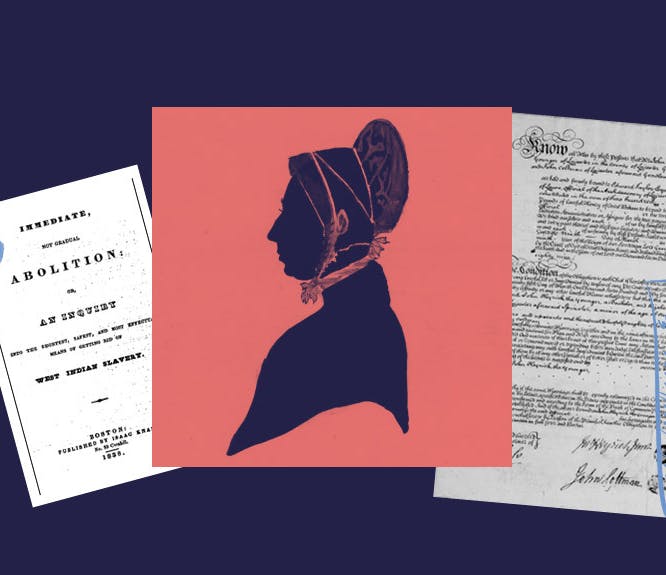How Black Friday 1921 led to the census being postponed for the first time in history
3-4 minute read
By Mary Mckee | November 3, 2022
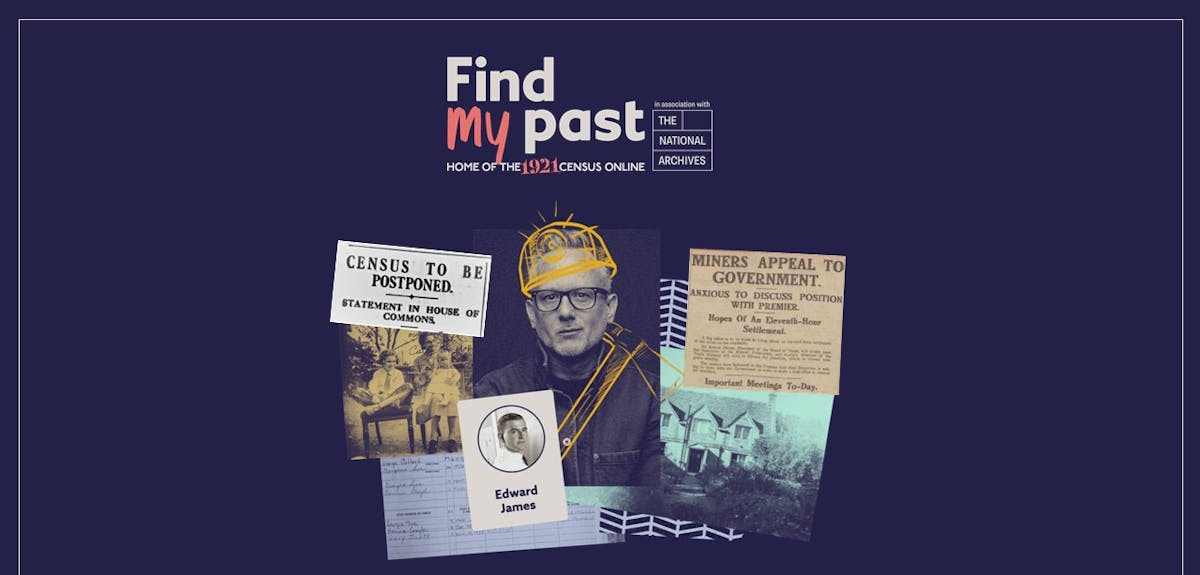
Mary McKee explores the unemployment crisis of 1921, how it brought about the decision to postpone that year's census, as well as what the census reveals about that critical time.
After the First World War, England and Wales were hit with a period of economic uncertainty and the stage was set for conflicts between the government and labour forces. By 1921, over two million people were unemployed in England and Wales leading to widespread industrial unrest.
One group of workers that led the charge against the government were the miners.
Coal miners take action
Throughout the war, coal mines in England and Wales were nationalised, but in 1921 control of the mines was due to return to the hands of the mine owners. This was against the wishes of the miners and the recommendation of a government commission. The mine owners' first plans were to cut the miners' wages, in some areas of South Wales they were to be cut by 49%. In 1921, over a million people worked in the mines.
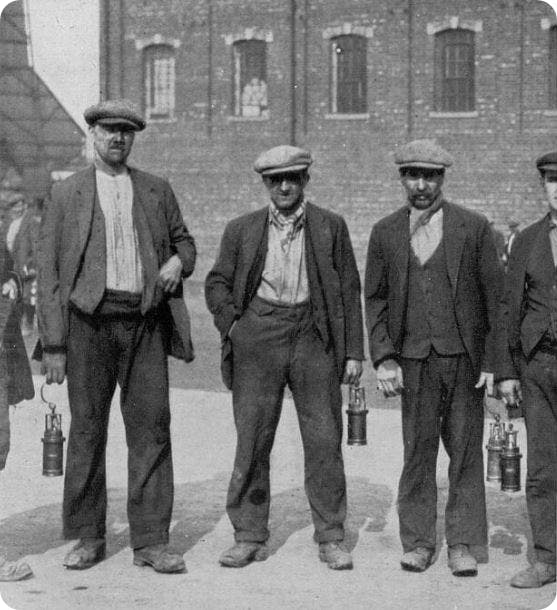
Miners pictured in The Sphere, 23 April 1932. View the full article.
The miners rejected the wage reduction and instead suggested a national pool. It would set a fixed levy on a ton of coal and a pool of money would be raised so that all miners, regardless of how profitable a pit they worked in, would receive a minimum wage. To push for their demands, the country's largest union, the Miners’ Federation of Great Britain, ordered a strike from 1 April.
To bring even more weight to the fight for minimum wages, the Triple Alliance announced on 7 April that they would commence a strike beginning on 15 April at 10 pm. The Triple Alliance was a coalition created in 1914 between the miners, railwaymen and transport workers. A full strike of the Triple Alliance would bring the country to a halt.
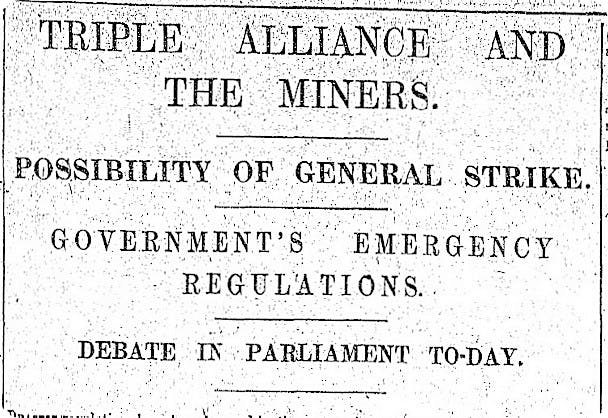
The Scotsman, 5 April 1921. View the full article.
Frantic negotiations commenced. The Cabinet met on 12 April and Lloyd George, the Prime Minister, made his position clear that he was aligned with the mine owners and would not return nationalisation of the mines nor support a national pool. Talks and negotiations continued, but cracks were emerging and communication was breaking down amongst the Triple Alliance. Finally, only seven hours ahead of the threatened strike was due to begin, the Triple Alliance stood down and would no longer support the miners through strike action. It was a dramatic affair and the date has become known as Black Friday 1921.
Meanwhile, in the middle of all this furore, the Registrar General at the General Register Office was trying to prepare for the census.
The census postponed
Amid coal strikes and the threat of a general strike, the country was preparing to partake in the tradition of taking the census. The census forms were all printed and 38,000 enumerators were trained and set to begin delivery of the forms. However, a country-wide strike would disrupt the entire process.
Our newspaper archives reveal that the Registrar General issued a booklet about the coming census on 8 April. The plans were still going ahead to enumerate the people. But with no resolution to the industrial conflict and the looming threat of a transport strike, the decision was finally made on 14 April to postpone the census. The government called off the census one day before the Triple Alliance’s strike was due to start, but also, one day before they called off the strike.
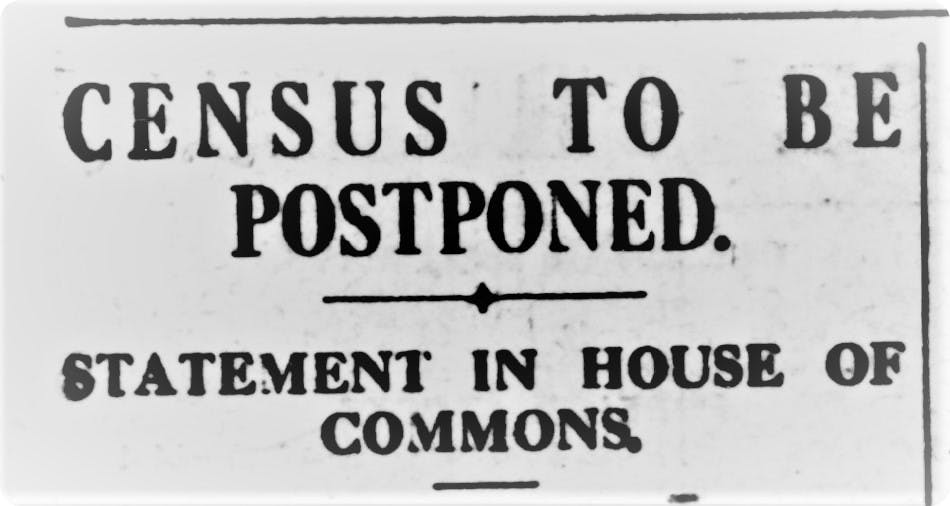
Pall Mall Gazette, 14 April 1921. View the full article.
For the first and only time in history, the government had to move the census date. Pall Mall Gazette reported:
" "Sir Alfred Mond announced that owing to the industrial situation, it has been decided to postpone the census until a later date than that fixed.""
It took some time for the news to spread. Some papers were still reporting about the upcoming census as if it was still going to take place in April. On 15 April, Milngavie and Bearsden Herald wrote;
""Midnight oil will be burned all over the country on Sunday, April 24 as everyone is no doubt aware, the census is to be taken on that date.""
That same day, Motherwell Times published the statement;
""The census is going on, strike or no strike, and within the next few days householders will have got their papers, which are to be carefully filled in on Sunday 24th.""
Torquay Times, and South Devon Advertiser did not seem to have the news that the census was postponed, but they did report that it was in danger and recognised that the transport difficulties experienced by the enumerators would harm the census output.
In the days following 14 April, newspapers widely reported that the census was postponed. The rescheduled date, 19 June, was announced on 4 May 1921.
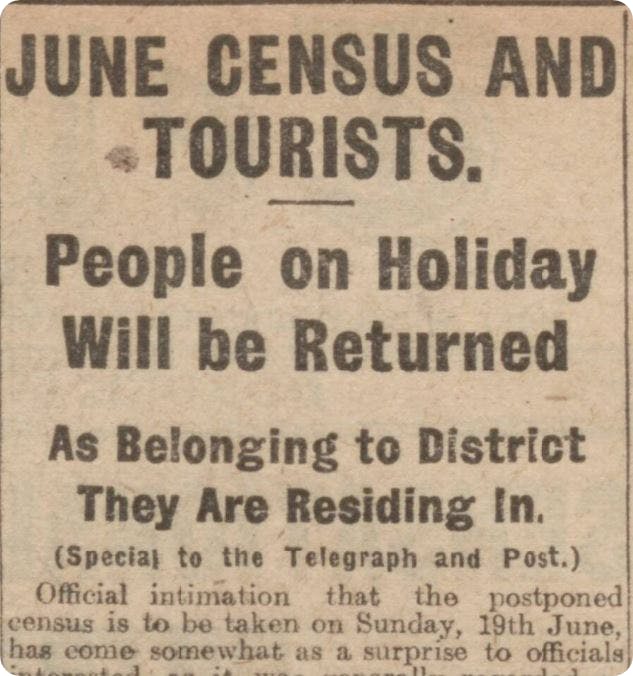
Dundee Evening Telegraph, 4 May 1921. View the full article.
In the 1921 Census of England and Wales, we can see the continued effects of the miners' strike.
Census day arrives
By census day, the miners were still unemployed. The lockout continued, and no resolution had been found. In the records, we can see pages of miners who have reported themselves as out of work and on strike.

'Miner (on strike)' listed as an occupation in the 1921 Census. View the full record.
We even found the census return of John Lee who had been a surface labourer for the Waterloo Temple pit. He added a note saying he's done no work since he was locked out.
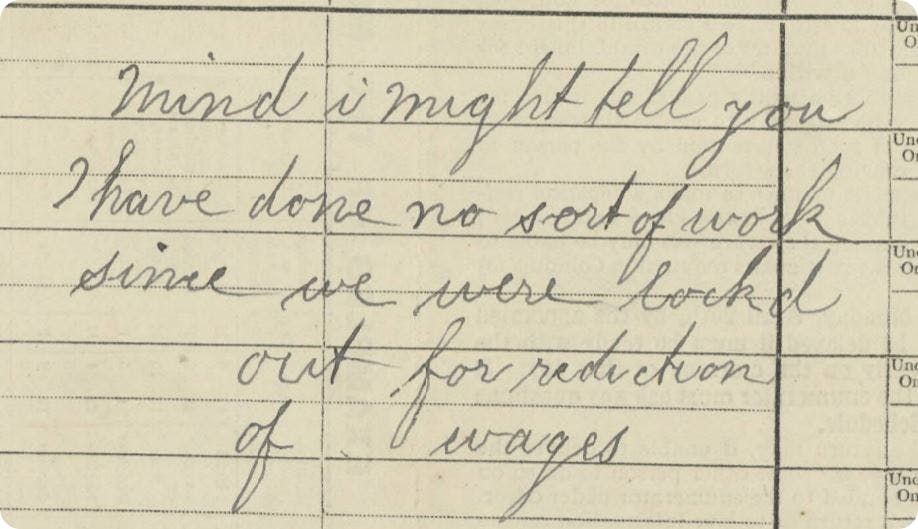
Miner John Lee's 1921 Census return. View the full record.
How did your ancestors’ lives touch history? Were they part of the Roaring Twenties party scene or struggling to make a living like the miners? To unlock the mysteries in your family story, subscribe or upgrade to a Premium subscription today and discover the 1921 Census, available online only at Findmypast.
Related articles recommended for you

The incredible true story behind The Ministry of Ungentlemanly Warfare
History Hub

Taylor Swift’s family tree shines with love, heartbreak and the triumph of the human spirit
Discoveries
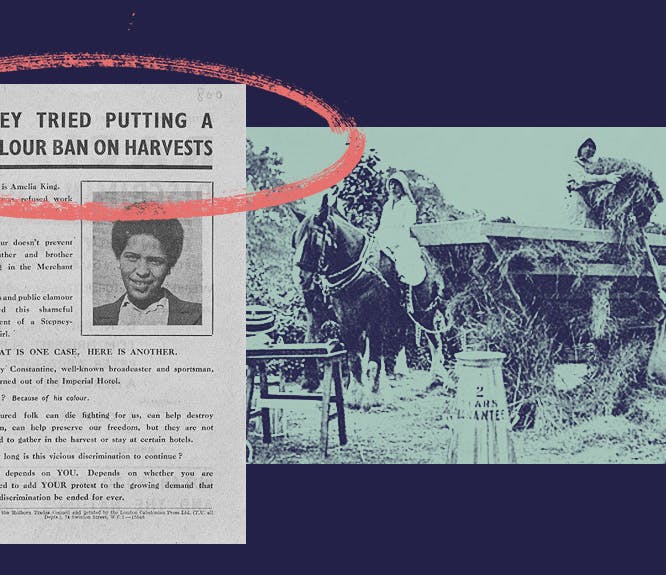
Inspirational women from history: Amelia King, a Black Land Girl during World War 2
History Hub
